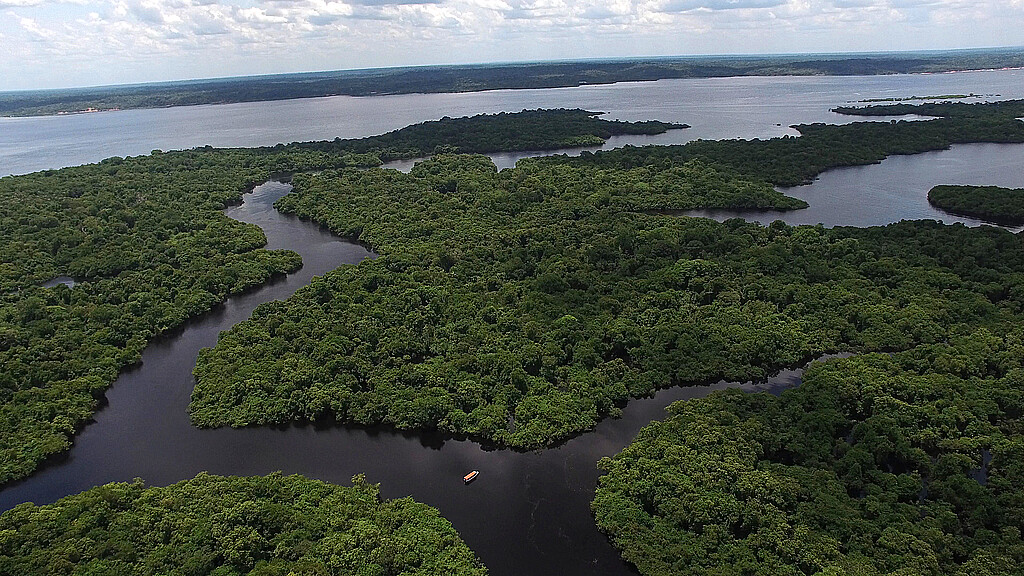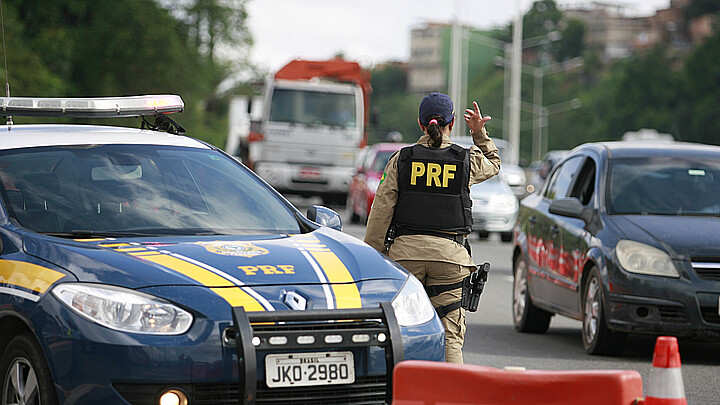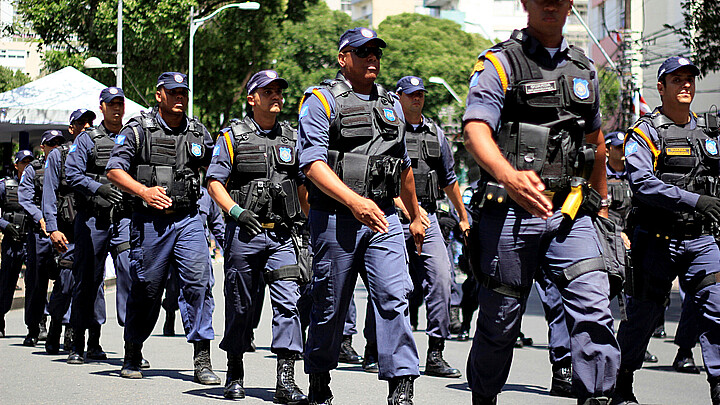Crime
Shadow of organized crime haunts Amazon rainforest in Brazil
Brazil’s rainforest ecological system could suffer if drug traffickers continue to engage in hostilities, sparking concerns that the result could be a replay of the damage done to forestry in Colombia

June 1, 2023 9:22am
Updated: June 1, 2023 9:37am
The shadow of organized crime is haunting the otherwise beautiful rainforests of Brazil, says a former senior federal police chief from the South American country.
Alexandre Saraiva, who worked in the Amazon from 2011 to 2021, says the region is now being dominated by armed, drug-trafficking “criminal insurgents,” a problem that continues to develop amid a deadly, ongoing battle between drug dealers, police and paramilitary units in Rio de Janeiro.
“I experienced how the state lost control of public security in Rio de Janeiro,” Saraiva said in a recent interview with the British newspaper, The Guardian.
“And in the Amazon today – if nothing is done in terms of public security – we are facing a continent-sized Rio de Janeiro, with the aggravating factors of borders with major drug producers and an extraordinarily difficult jungle setting.”
Saraiva said the rainforest’s ecological system could suffer if drug traffickers continue to engage in hostilities, warning that the result could be a replay of the damage done to forestry in Colombia.
According to Saraiva, the traffickers do not care about the damage they are causing and are strictly profit driven. “We will have criminal insurgents … [whose] ideology is money,” he said.
“We will have areas of conflagration, of major conflict between groups which are fighting over areas of illegal gold and timber extraction. In the middle of this, we will have Indigenous victims. And we will face immense logistical difficulties in combating this,” warned the former top cop, who wrote a book about the developing crisis called “Loggers, Miners and Corruption in a Lawless Amazon.”
The Guardian interviewed Saraiva just before the first anniversary of the killings of Brazilian Indigenous expert Bruno Pereira and the British journalist Dom Phillips. While tragic, the killings of the two crusaders forced the issue to gain worldwide attention.
The British based news organization is collaborating with more than 50 journalists and 15 news organizations in a collaborative effort to expose organized criminal syndicates operating in the Amazon, an effort being organized by “Forbidden Stories,” a Paris-based non-profit dedicated to continuing the work of reporters who are threatened, censored or killed.
According to the Brazilian Forum on Public Safety (FBSP) organized crime is damaging the Amazon in the following ways:
First, 1,432 people were killed last year in the Amazon region, escalating the area murder rate to 74% above the country’s average. There were 1,571 victims in 2021 and a violent death rate of 36.8 per 100,000 inhabitants, a whopping five times the number in the United States.
Second, the number of people killed by civil police and military skyrocketed 71% in the Amazon between 2016 and 2021, compared to 35% in the rest of the South American country. The region’s prison population also jumped 35.1% between 2016 and 2022, more than twice the amount compared with 14.1% in Brazil.
Third, The international violent crime rate in the Amazon’s nine states is more than 50% higher than the rest of Brazil, similar to that of Mexico, which has become overrun by violent drug cartels. The country’s two most powerful criminal, São Paulo’s PCC (First Capital Command) and Rio’s CV (Red Command) are now fully functional in all nine Amazon states.
Saraiva said that while it has been two years since he resigned his post, he still exercises extreme caution. Having received reports of potential assassination threats against him, he continues to travel in a bulletproof car.
“Organized crime is diversifying into other illegal activities that Brazilian society tends to see as lesser offences,” the former police chief told the British newspaper.
“The mafia goes wherever there’s money. It doesn’t care if it’s environmental crime, people smuggling, cocaine, and what they see there is gold and wood that’s being sold for a very high price. It’s obvious that it wouldn’t take them long to get involved in this.”
The Amazon rainforest is the largest in the world and covers 7 million kilometers or 2.7 million square miles. It belongs to nine different nations and 3,444 indigenous territories.
While the rainforest crosses into Peru, Colombia, Bolivia, Ecuador, French Guiana, Guyana, Suriname, and Venezuela, 60% of it is in Brazil.










